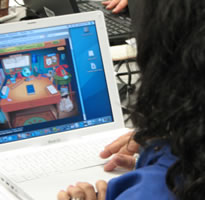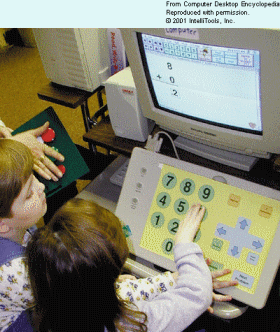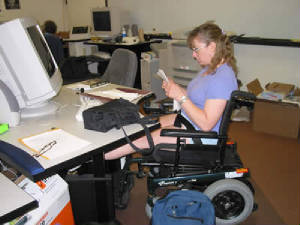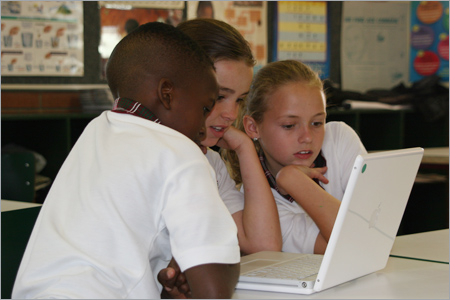|
1 TECHNOLOGY OPERATIONS AND CONCEPTS.
Teachers demonstrate a sound understanding of technology operations and concepts. Teachers:
• demonstrate introductory knowledge, skills, and understanding of concepts related to technology (as described in the
ISTE National Education Technology Standards for Students)
• demonstrate continual growth in technology knowledge and skills to stay abreast of current and emerging technologies.
Lesson Plan 1
Reflection Paper 1
2 PLANNING AND DESIGNING LEARNING ENVIRONMENTS AND EXPERIENCES.
Teachers plan and design effective learning environments and experiences supported by technology. Teachers:
• design developmentally appropriate learning opportunities that apply technology-enhanced instructional strategies
to support the diverse needs of learners.
• apply current research on teaching and learning with technology when planning learning environments and experiences.
• identify and locate technology resources and evaluate them for accuracy and suitability.
• plan for the management of technology resources within the context of learning activities.
• plan strategies to manage student learning in a technology-enhanced environment.
Technology Tools
3 TEACHING, LEARNING, AND THE CURRICULUM.
Teachers implement curriculum plans that include methods and strategies for applying technology to maximize student learning.
Teachers:
• facilitate technology-enhanced experiences that address content standards and student technology standards.
• use technology to support learner-centered strategies that address the diverse needs of students.
• apply technology to develop students' higher order skills and creativity.
• manage student learning activities in a technology-enhanced environment.
Lesson Plan 2
Method:Cooperative Learning & Technology
4 ASSESSMENT AND EVALUATION.
Teachers apply technology to facilitate a variety of effective assessment and evaluation strategies. Teachers:
• apply technology in assessing student learning of subject matter using a variety of assessment techniques.
• use technology resources to collect and analyze data, interpret results, and communicate findings to improve instructional
practice and maximize student learning.
• apply multiple methods of evaluation to determine students' appropriate use of technology resources for learning,
communication, and productivity.
Rubric Evaluation for Online Games
5 PRODUCTIVITY AND PROFESSIONAL PRACTICE.
Teachers use technology to enhance their productivity and professional practice. Teachers:
• use technology resources to engage in ongoing professional development and lifelong learning.
• continually evaluate and reflect on professional practice to make informed decisions regarding the use of technology
in support of student learning.
• apply technology to increase productivity.
• use technology to communicate and collaborate with peers, parents, and the larger community in order to nurture student
learning.
Assistive Technology
Reflection Paper 2
6 SOCIAL, ETHICAL, LEGAL, AND HUMAN ISSUES.
Teachers understand the social, ethical, legal, and human issues surrounding the use of technology in PK-12 schools and apply
those principles in practice. Teachers:
• model and teach legal and ethical practice related to technology use.
• apply technology resources to enable and empower learners with diverse backgrounds, characteristics, and abilities.
• identify and use technology resources that affirm diversity
• promote safe and healthy use of technology resources.
• facilitate equitable access to technology resources for all students.
Fair Use & Copyright Assessment
Online Tool Assessment
|
 |




|

